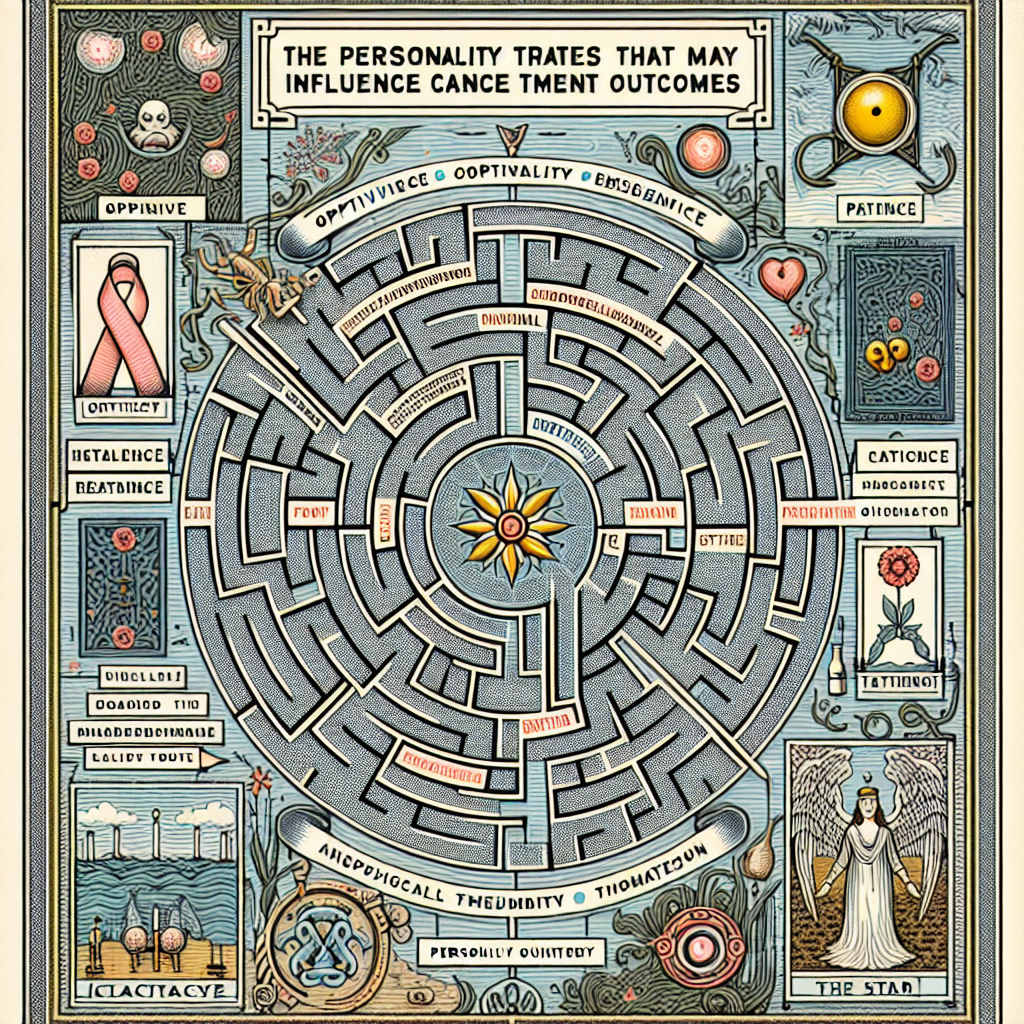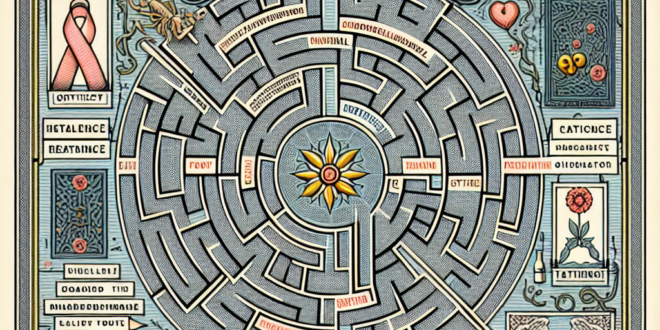When facing a cancer diagnosis, many patients may wonder how their personality traits can impact their treatment outcomes. Research has shown that certain personality traits can indeed have an influence on how individuals respond to cancer treatment. Understanding these traits can help patients and healthcare providers better tailor their treatment plans for optimal outcomes.
One of the most widely studied personality traits in relation to cancer treatment outcomes is optimism. Optimistic individuals tend to have a more positive outlook on life and are better able to cope with the challenges that come with a cancer diagnosis. Studies have shown that optimists are more likely to adhere to their treatment plans, have better psychological well-being, and may even have better survival rates compared to those with a more pessimistic outlook.
Another personality trait that can impact cancer treatment outcomes is neuroticism. Individuals high in neuroticism tend to experience negative emotions such as anxiety, worry, and fear more frequently. This can lead to increased stress, which in turn may impact how well they respond to treatment. Research has shown that high levels of neuroticism are associated with poorer treatment adherence, higher levels of distress, and worse treatment outcomes.
Conscientiousness is another personality trait that can play a role in cancer treatment outcomes. Individuals who are highly conscientious tend to be organized, reliable, and responsible. They are more likely to adhere to their treatment plans, engage in healthy behaviors, and actively participate in their care. Studies have shown that high levels of conscientiousness are associated with better treatment adherence, improved quality of life, and potentially better survival rates.
In addition to these personality traits, other factors such as social support, coping mechanisms, and overall psychological well-being can also influence cancer treatment outcomes. It is important for healthcare providers to consider these individual differences when developing treatment plans and providing support to cancer patients.
Ultimately, understanding the impact of personality traits on cancer treatment outcomes can help patients and healthcare providers work together to optimize their treatment plans and improve overall outcomes. By addressing psychological factors and tailoring treatment plans to individual needs, patients can better cope with their diagnosis and achieve better treatment outcomes.

 Daily Horoscope Weekly Horoscope Monthly Forecast Love Career Life Astrology
Daily Horoscope Weekly Horoscope Monthly Forecast Love Career Life Astrology




